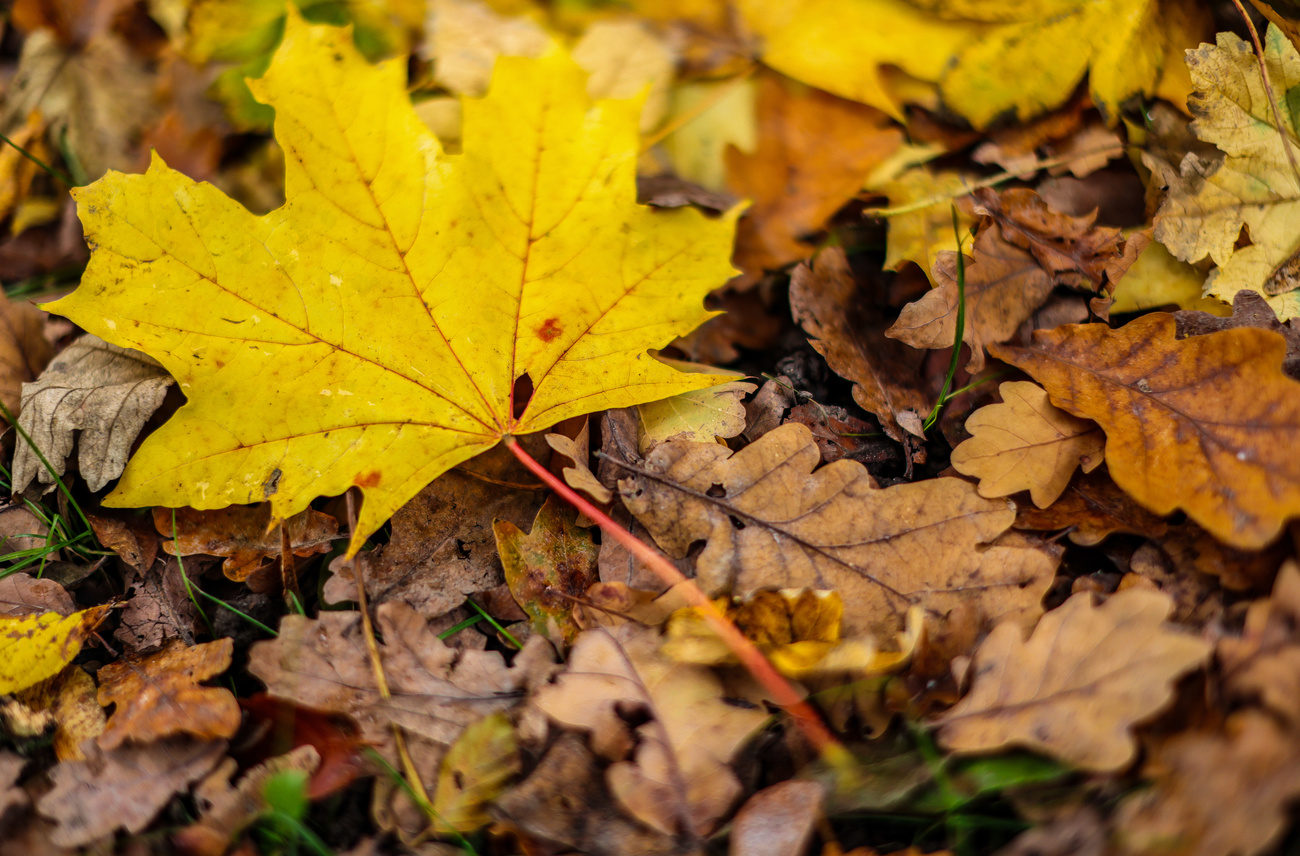
Wet November and warm autumn come to an end in Switzerland

In most areas of Switzerland, precipitation fell almost daily between November 1 and 25. The month closed out one of the warmest autumns since records began.
In western Switzerland and in the central and eastern midlands, twice as much rain fell as usual in November, national weather service MeteoSwiss said on Wednesday.
By the end of the month, rainfall on the northern side of the Alps had reached over 200% of the 1991-2020 monthly average in some places, and locally even more than 300%.
Certain areas around northern Schaffhausen even recorded the wettest November since measurements began.
+ In 2022, Switzerland recorded its hottest and sunniest year ever
The rainfall reached a peak in the middle of the month: from November 12-15, the country saw levels of precipitation only expected every 10 to 25 years. On the northern side of the Alps and in canton Valais, 60-90 millilitres of rain fell in the three days; the east saw 100-150 millilitres, and the Säntis mountain soaked up 219 millilitres.
In general, however, such amounts are not unusual on the northern side of the Alps and can be expected every one to three years. In the south and in a large part of canton Graubünden, it actually rained less than average in November.
Toasty autumn
November temperatures were also within the normal range. However, at several locations north of the Alps, autumn 2023 as a whole was the warmest since measurements began in 1864. In Geneva, temperatures from September to November were 2.4°C above the 1991-2020 norm.
+ Read more: EU gives cold shoulder to Swiss weather forecasters
This was due to a record number of hours of sunshine measured: 477 in Geneva (previous record 470) and 476 in Neuchâtel (previous record 470). Lucerne also experienced the sunniest autumn since measurements began with 436 hours of sunshine.
The warm autumn and the lack of cool nights also meant that the deciduous trees stayed green for an unusually long time this year. According to MeteoSwiss, leaf discolouration took place seven to 12 days later than the 1991-2020 average, making it one of the three latest dates for beech trees since observations began in the 1950s.

In compliance with the JTI standards
More: SWI swissinfo.ch certified by the Journalism Trust Initiative






























You can find an overview of ongoing debates with our journalists here . Please join us!
If you want to start a conversation about a topic raised in this article or want to report factual errors, email us at english@swissinfo.ch.